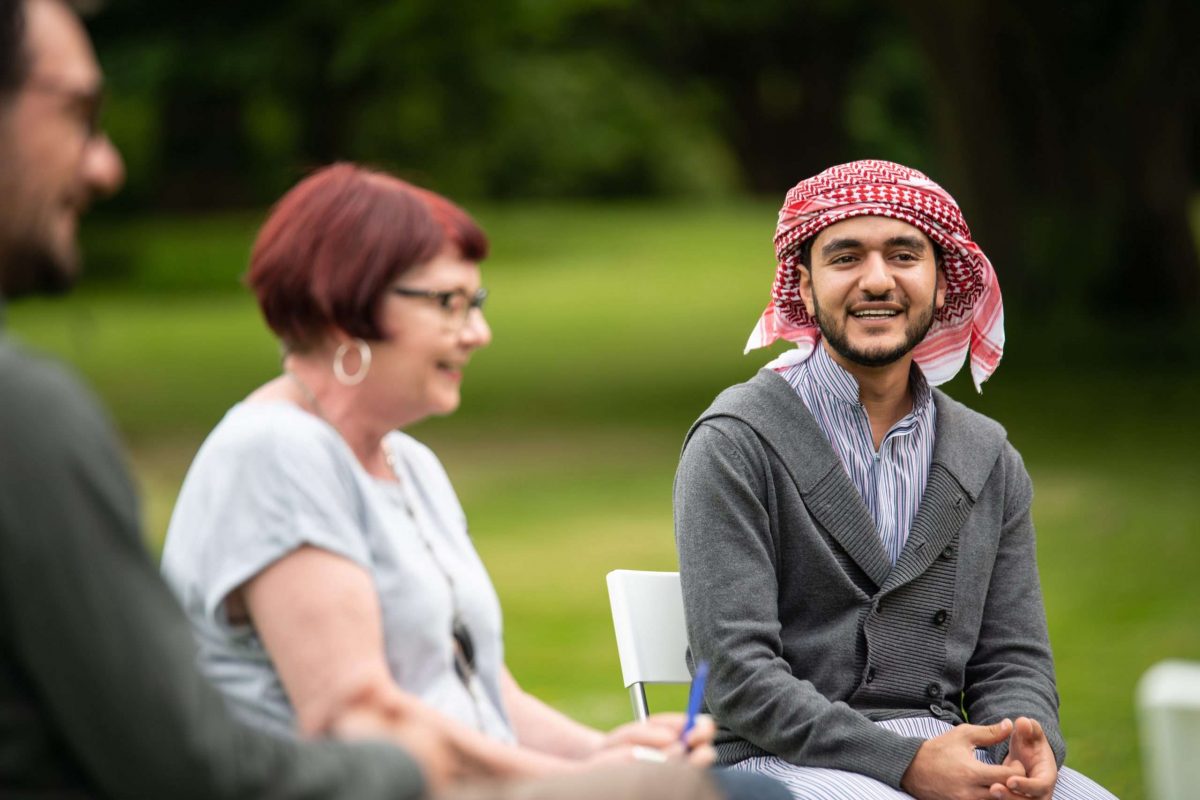
Finding Hope Again
This webpage is written for Muslims who are looking for alcohol and drug addiction treatment. It aims to address the main social issues that addicted Muslims face, and provides information about the addiction treatment programme at Castle Craig which is non-denominational and respects all faiths.
What Does Islam Say About Drug and Alcohol Addiction?
If you’re a Muslim, you will know that drugs, alcohol and intoxicants are haram (forbidden) according to the Qur’an (Surah Al-Ma’idah 5:90). The word “avoid intoxicants” (فَاجْتَنِبُوهُ) in the Qur’an is a strong command, indicating complete abstinence. Muslim scholars unanimously agree this verse makes all intoxicants haram (forbidden).
This can lead to a huge sense of stigma and shame surrounding addiction. If you are Muslim and struggling with dependency or addiction issues, or know someone who is, we know how difficult it can be to admit there is a problem.
“The intense stigma that many Muslims associate with substance misuse can stop people seeking life-saving treatment.”
Private, Discreet and Confidential Rehab at Castle Craig
Castle Craig values privacy, discretion, and confidentiality, all of which are directly in line with the Islamic values of upholding dignity. Islam values the private aspect of a person’s dilemma. Sahih Muslim 2699 states, “Whoever conceals [the faults of] a Muslim, Allah will conceal his faults in this world and the Hereafter.”
Maintaining confidentiality enables individuals to present themselves without the threat of being revealed or embarrassed. Castle Craig’s discreet anonymity upholds the advice of the Qur’an, “Do not spy or backbite one another” (Surah Al-Hujurat 49:12). It protects the individual’s dignity and creates the opportunity for rehabilitation in a respectful, non-judgmental atmosphere.
Treatment of Muslims constitutes repentance (Tawbah) and purification of one’s self. It is written in the Qur’an that, “Indeed, Allah loves those who repent and purify themselves.” (Surah Al-Baqarah 2:222). Castle Craig upholds confidentiality in aid of professional intervention alongside the religious duty of restoration and renewal.
At Castle Craig, our drug and alcohol addiction assessments and treatments are completely private and confidential. We help individuals following the Islamic faith, as well as others, find the resilience and strength they need to enter faith-based recovery and live a free and meaningful life.
Our therapists work closely with patients to help them deal with other co-occurring issues such as trauma, depression and anxiety that can take away your power or hope and prevent recovery.

Start Your Drug & Alcohol Addiction Recovery Today
Islamic-Friendly, Abstinence-Based Addiction Treatment for Muslims
Castle Craig’s typical addiction rehab programmes are abstinence-based, in line with Islamic principles which prohibit all intoxicants, not just excessive use (Qur’an, Surah Al-Ma’idah 5:90). This approach supports true repentance (Tawbah), safeguards health, and fosters a clean, halal lifestyle that respects Islamic values.
Choosing complete abstinence allows Muslims to maintain mental clarity for prayer (Salah) and remembrance (Zikr), supporting spiritual purification (Tazkiyah) and encouraging self-control (Jihad al-Nafs). By avoiding haram substances and environments, patients are able to remain committed to Islamic teachings and their overall well-being.
Substance-free treatment philosophy also promotes the development of discipline, accountability, and healthy recovery habits grounded in faith. An abstinence-based approach at Castle Craig helps lay a strong foundation for lasting change, nurturing both spiritual and emotional growth throughout recovery.
12 Step Addiction Recovery for Muslims
Millati Islami is a spiritually centered form of the popular 12 Step drug and alcohol recovery programme, adapted in response to the religious needs of Muslims. With its origin in the principles of Islam, it offers a recovery path that intertwines Islamic guidance with practical steps towards recovering from drug/alcohol abuse. It respects and enforces Islamic values, including the responsibility of abstaining, cleansing of the self, and being accountable, and encourages mental as well as religious clarity as a component of the recovery process.
Castle Craig incorporates the 12 Steps within its residential model of treating addiction, making the programme flexible and inclusive for all, including Muslims. It can be available to all patients, religious or non-religious, in the form of a framework of individual development and reflection. By being in a position to choose congruence with individual values or religious tradition, Castle Craig’s inpatient programme allows for inclusivity without sacrificing effectiveness in the process of recovery.
In this article, to understand and respect your faith, we have reviewed many fatwas provided by Muslim scholars to gauge their trusted responses, as well as internet user-contributed questions about how to correct behaviour in situations that involve alcohol and addiction. The article was also reviewed by a Muslim member of our website team.
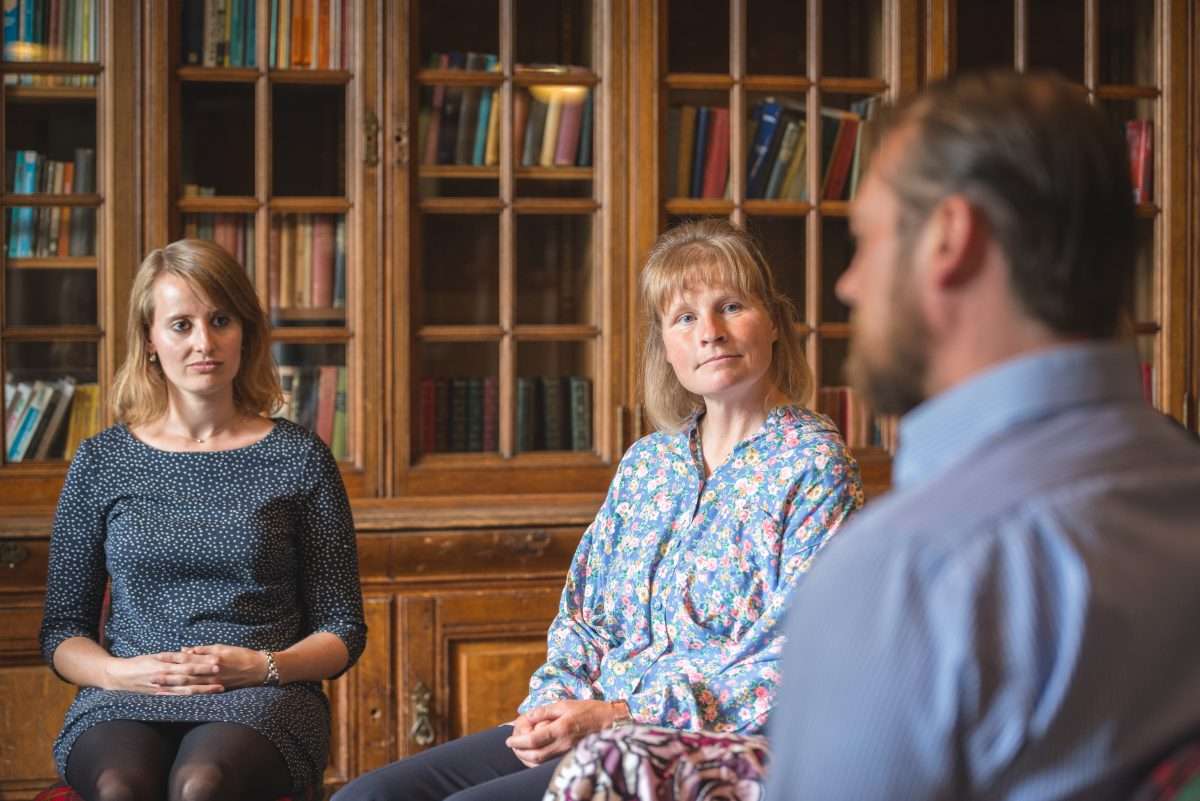
What Is Important for Muslims Seeking Drug or Alcohol Rehab
For Muslims searching for high-quality drug or alcohol rehab, it is advisable to consider treatment options that incorporate a spirituality-based ethos such as the 12 Steps. The 12 Step programmes provide an opportunity to engage with familiar principles while connecting with people through faith, whether Islam, Christianity or Judaism.
Choosing an alcohol and drug rehab clinic that is informed about various faiths, including Islam, promotes compassion, open dialogue, and a better understanding of each person’s unique needs.
Islamic-informed addiction treatment options enable patients to uphold some religious traditions, such as halal food and prayer times. However, it is important to note that some Muslims may prefer non-faith-based treatment options, and this preference is also valid. While religion may be an effective tool for most people in addiction recovery, it may not be essential or appropriate for everyone. The 12 Steps does not push religion, it encourages people to find deeper meaning in their lives. What matters most is that each person finds a treatment option that works best for them.
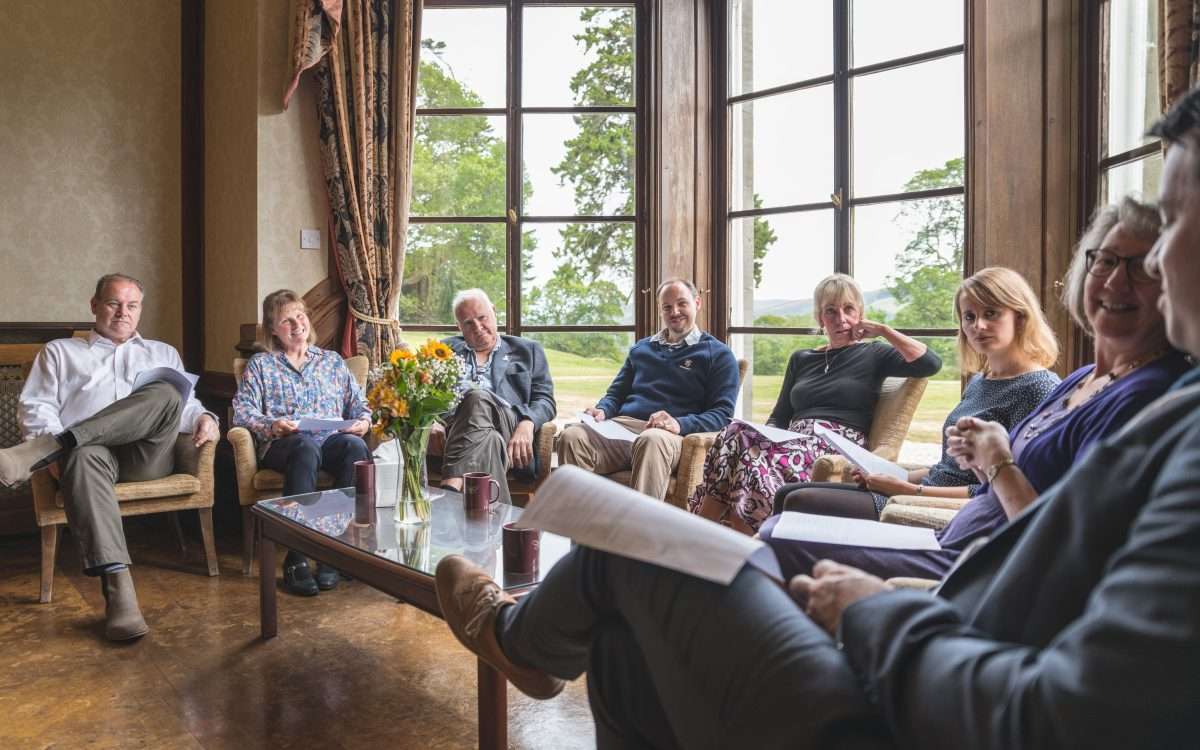
Ethical Dilemmas
Despite the widespread condemnation of alcohol consumption in Islam, many Muslims face ethical dilemmas daily that result in avoiding seeking advice on topics related to alcohol, the family and work.
Initially, there may be no questions about correcting behaviour relating to Muslims drinking alcohol, because it is forbidden. However, this does not account for the individual’s mental struggles that faith alone may not be enough to save.
Mental Health in the Islamic Community
- 32% of young British Muslims have suffered from suicidal thoughts
- 52% have suffered from depression
- 63% struggle with anxiety
These statistics are provided by a survey conducted by a UK Charity, Muslim Youth Helpline. Their report found evidence to suggest that the rates of depression have been higher within the British Muslim community than amongst the general population and that Muslims are less likely to seek treatment.
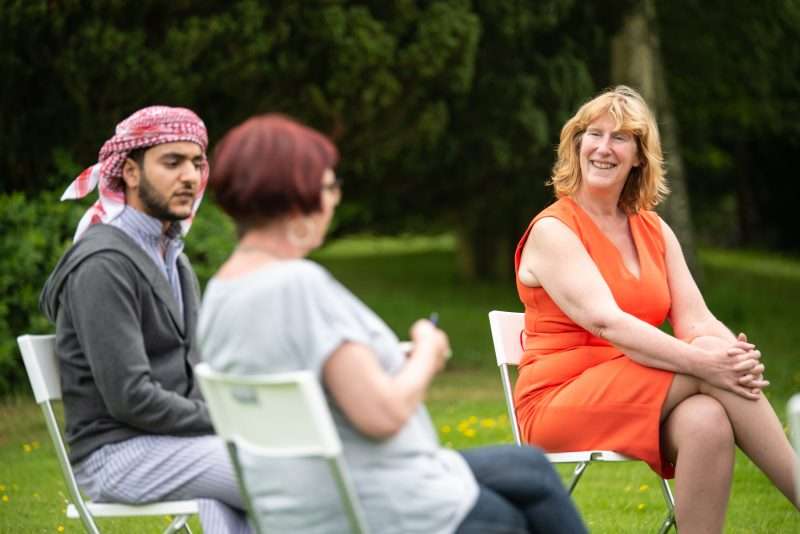
Islam and Depression
Depression is one of the most prevalent mental health disorders, affecting 1 in 4 people in England each year [1]. More than just a mood fluctuation or short-lived emotional responses to everyday life, depression is much more intense and is a serious health condition.
Whilst Islam does play an important role in helping Muslims cope with negative life events, it is important to remember that addiction to alcohol and drugs is incredibly powerful. Our patients often talk about their ‘powerlessness’ over their addiction. Here we help people to find the resilience and strength they need to enter into recovery and begin to live a free and meaningful life.
Islam will help you to remain hopeful, and even if the worst sin has been committed there is always God’s mercy
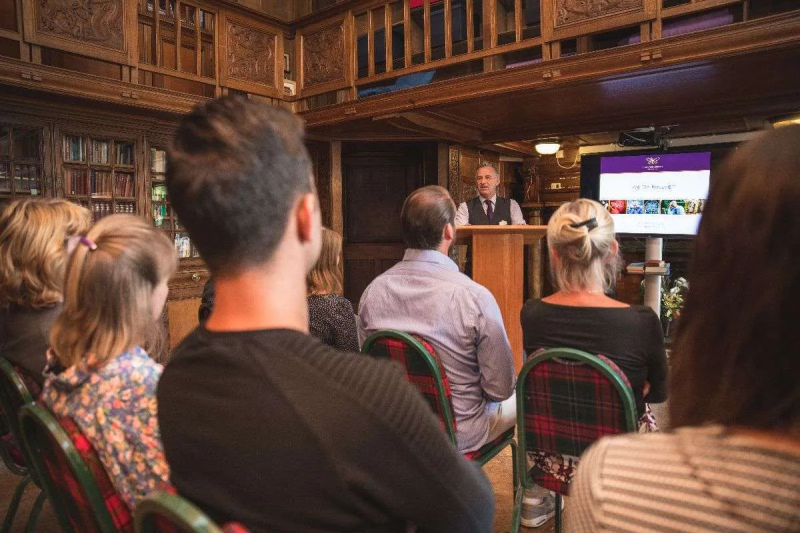
What is Millati Islami
Millati Islami1, also known as “The Way of Islam,” is a support group and recovery programme for Muslims who are struggling with addiction, specifically substance misuse. Millati Islami is based on the principles of Islam and the teachings of the Quran, and it aims to provide spiritual guidance and a community of support for individuals seeking to overcome addiction.
The program is influenced by the 12-step model used in organisations like Alcoholics Anonymous (AA) and Narcotics Anonymous (NA), but it incorporates Islamic beliefs and practices. Millati Islami emphasises the importance of surrendering to a higher power (Allah), self-reflection, personal accountability, and making amends to those who have been affected by their addiction.
Participants in Millati Islami engage in regular meetings where they can share their experiences, strength, and hope with others who are facing similar challenges. They strive to develop a stronger connection with their faith and to find solace, guidance, and support in Islam. This addiction programme encourages people to work on their spiritual growth, maintain sobriety, and improve their overall mental health and well-being.
It’s worth noting that while Millati Islami is one specific programme, there are other Islamic-based recovery programs and support groups available as well, each with its own unique approach and emphasis.
Taking the Shame Out of Addiction
Overcoming drug or alcohol addiction often requires professional support. With the psychological aspects of addiction, more work is needed to ensure the person can cope with the triggers that push and lead them to drink. Here at Castle Craig, we use many evidence-based therapies to treat addiction. During a 4- to 12-week residential rehab stay, patients follow a personalised treatment plan developed by our therapists and doctors.
Free Assessment for Drug or Alcohol Addiction
Here at Castle Craig, we use many evidence-based therapies to treat addiction.
During a 4-6 week residential rehab stay, patients follow a personalised treatment plan developed by our therapists and doctors.
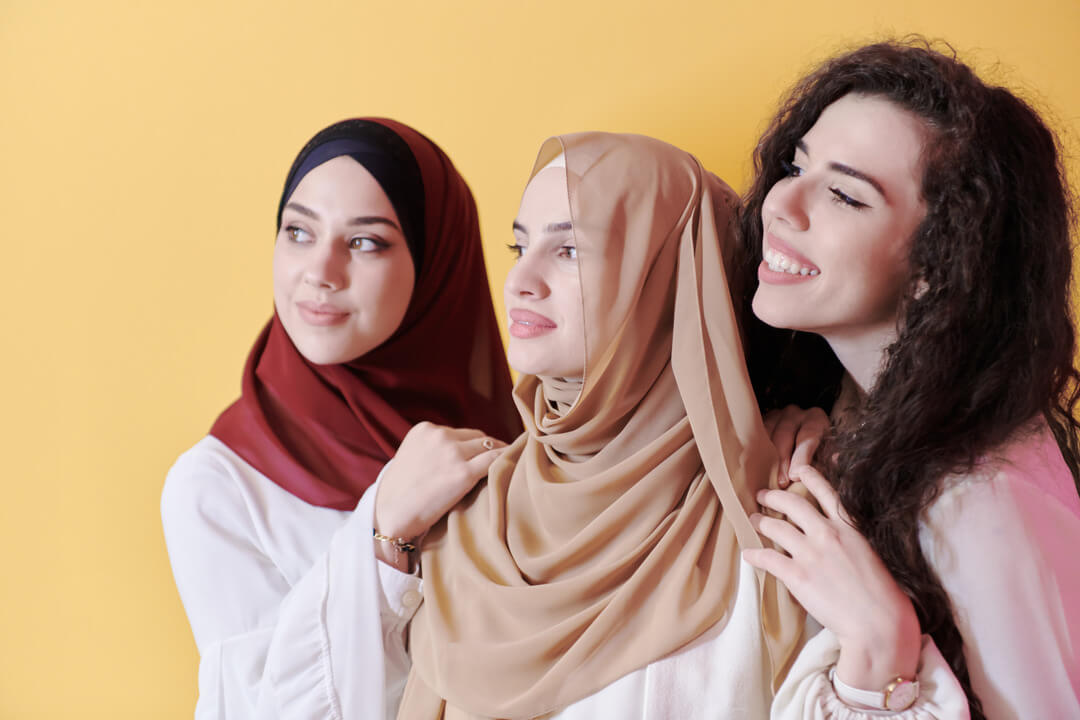
Addiction Therapy and Counselling for Muslim Women
We are also aware that group therapy situations might be problematic for many Muslims, as it may conflict with your Islamic values, for example, sharing personal details in front of the opposite gender.
However, we are one of the very few rehabs that offer men-only and women-only groups as well as mixed groups. And women-only accommodation options. Find the right support group for you.
Mental Health in the Muslim Community
A survey conducted by the UK charity, Muslim Youth Helpline, found that 32 per cent of young British Muslims have suffered from suicidal thoughts at some point; 52 per cent have suffered from depression; and 63 per cent have struggled with anxiety. By contrast, only 16 per cent of people in the nation as a whole report experiencing a “common mental disorder” such as depression or anxiety in any given week. 1
Growing evidence suggests that some mental health problems, such as depression, affect British Muslims more than other faith communities. Muslims in Britain are more likely to experience depression, and over a longer period, than other religious groups in Britain. 2, 3
A recent report by the charity Place2Be found that anxiety, depression, and stress are the most common mental health issues among young Muslims in the UK.4
Islam-Informed Rehab at Castle Craig
Castle Craig is culturally sensitive and provides treatment for people of all faiths. We are an Islam-informed rehab clinic, which means that we understand the unique family and community dynamics and cultural practices of our Muslim patients.
We can source Halal food for Muslim patients upon request, and patients are invited to bring their prayer mats when they join. We offer weekly trips to the mosque in Edinburgh. If you have any questions, do not hesitate to call 01721 546 263 to speak to one of our admissions advisors.
-
Is Addiction a Result of Sin?
Some in your community may tell you that you are ‘sinful’ and you must pray for help. But addiction is not a moral failing and it can not go away with prayer alone. It is not possible to simply decide not to use again because your freedom and choice are taken away by the substance. With addiction, your brain chemistry is ‘hijacked’ to crave drugs or alcohol, it is a disease that requires treatment.
How We Support You
Professional support is required to help you work through the shame and anxiety you are experiencing. Family therapy will be very beneficial as it will give your husband, wife or parents the chance to talk with you alongside a therapist. Our family workshop will help to educate your family members about addiction and answer all their questions.
Our Specialists
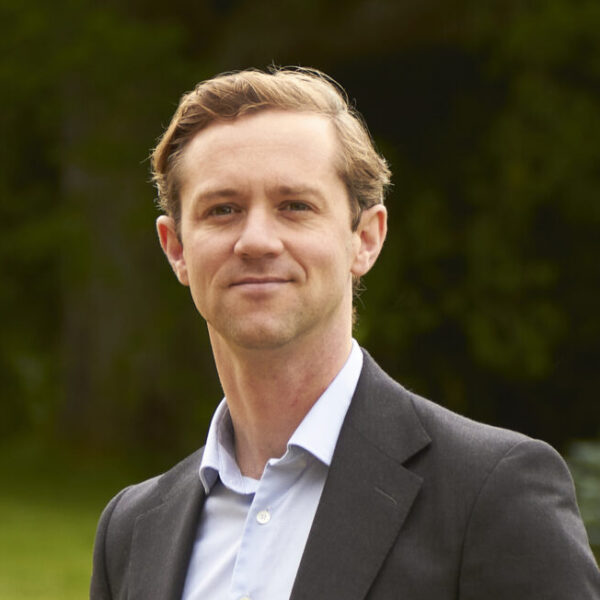


You need to take the first steps needed to overcome your addiction.
Speak to us on 01721 546 263.
Dig Deeper
Free & Confidential Assessment
Compassionate, expertly delivered evidence-based practices and a patient-centred approach are at the heart of our treatment model. Request a call-back from one of our professionals on any day of the week.
-
References
- Galanter, Marc MD; White, William L. MA; Hunter, Brooke D. MS. Cross-cultural Applicability of the 12-Step Model: A Comparison of Narcotics Anonymous in the USA and Iran. Journal of Addiction Medicine 13(6):p 493-499, November/December 2019.
- Aliverdinia A, Pridemore WA. An overview of the illicit narcotics problem in the Islamic Republic of Iran. Eur J Crime 2008; 16:155–170.
- Tayba Foundation (Author), Ahmad Adisa (Author). Overcoming Addiction: An Islamic Approach to Recovery: 12 Steps for the Muslim & The Muslim Addiction Recovery Program
- Milati Islami. 12 Steps to Recovery.